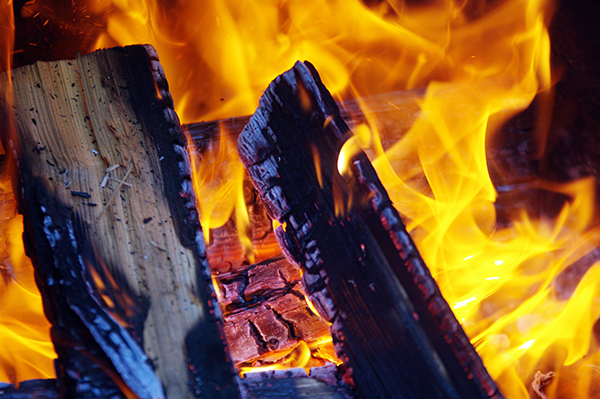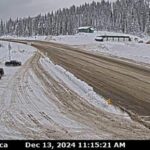Home »

Caution urged with fire use
The BC Wildfire Service reminds everyone planning to head into the backcountry or go camping on the Labour Day long weekend to comply with provincial legislation related to campfire use and open burning.
Although small campfires are once again allowed in most parts of British Columbia, extended hot and dry weather conditions this year have led to increased wildfire risks in many regions.
Campfires are permitted in the Southeast Fire Centre, Kamloops Fire Centre, Coastal Fire Centre, Northwest Fire Centre, Prince George Fire Centre and east of the Fraser River in the Cariboo Fire Centre.
Campfires are currently only banned west of the Fraser River in the Cariboo Fire Centre.
To learn more about current campfire and open burning restrictions, go HERE.
Here’s some important safety information, if campfires are allowed in your area:
* Have a shovel or at least eight litres of water available nearby to properly extinguish your campfire.
* Campfires cannot be larger than 0.5 metres high by 0.5 metres wide.
* Do not light a campfire or keep it burning in windy conditions.
Weather can change quickly and the wind may carry embers to other combustible material.
* You must maintain a one-metre fireguard around the campfire. This is a fuel-free area where all flammable materials (grass, kindling, etc.) have been removed.
* Never leave a campfire unattended.
* Make sure that the campfire is completely extinguished and the ashes are cold to the touch before leaving the area for any length of time.
* People who light campfires are legally responsible for making sure that they don’t escape. They may be held accountable for damages and fire suppression costs if their negligence results in a wildfire.
Category 2 and Category 3 open fires are currently only allowed in the Northwest Fire Centre and the Prince George Fire Centre. They are prohibited everywhere else within the BC Wildfire Service’s jurisdiction.
These prohibitions apply to all BC Parks, Crown lands and private lands, but do not apply within the boundaries of a local government that has forest fire prevention bylaws and is serviced by a fire department. Local governments may have their own burning restrictions in place, so always check with local authorities before lighting any fire of any size.
Anyone operating motorized vehicles in the backcountry must also exercise caution, since the heat from an exhaust pipe – particularly in tall or dry grass – could ignite a wildfire.
Anyone found in contravention of a fire prohibition may be issued a ticket for $345, required to pay an administrative penalty of $10,000 or, if convicted in court, fined up to $100,000 and/or sentenced to one year in jail. If the contravention causes or contributes to a wildfire, the person responsible may be ordered to pay all firefighting and associated costs.
“So far this season, the BC Wildfire Service has responded to almost 1,800 wildfires, almost 30% of which were caused by people. Human-caused fires are preventable and unnecessarily tie up firefighting resources that could be deployed on naturally occurring wildfires,” stated Steve Thomson, Minister of Forests, Lands and Natural Resource Operations.
The BC Wildfire Service thanks the public for its help preventing wildfires. To report a wildfire, an unattended campfire or an open burning violation, call 1 800 663-5555 toll-free or call *5555 on a cellphone.
For the latest information on fire activity, conditions and prohibitions, visit the BC Wildfire Service website at: www.bcwildfire.ca.
e-KNOW







